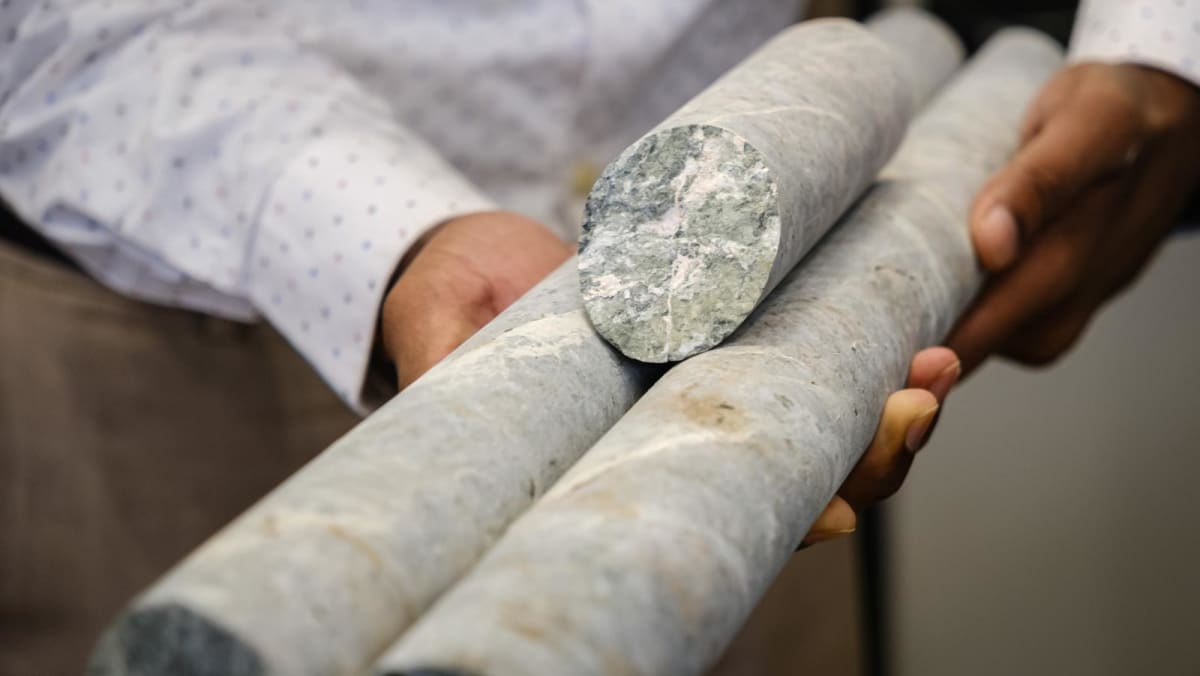COST SAVINGS, REDUCED EMISSIONS
As Singapore works towards its net-zero emissions target by 2050, geothermal energy is emerging as a compelling option, the researchers said.
To evaluate potential cost savings using both systems, researchers modelled and simulated their application in electricity generation and chilled water production used in Singapore’s district cooling system.
In one simulation, electricity generation costs were reduced by at least 38 per cent, while chilled water costs dropped by 39 per cent.
Geothermal energy could also potentially bring cost savings and reduce greenhouse gas emissions by at least 90 per cent, the researchers found.
“Singapore is prudent enough to know that they want to diversify their electricity mix in future. They do not want to go only with 100 per cent imports, or go only with hydrogen, or only solar,” said Mr Chidire, noting that solar power is limited.
“That is the reason why geothermal can play an important role in the diversification of Singapore’s electricity, by enhancing the security and aligning with all the environmental cost aspects.”
WHAT’S NEXT
Dr Poh said the new data has motivated the EMA to launch a geophysical survey, which will provide the researchers with a baseline understanding of Singapore’s subsurface and identify other areas with geothermal potential.
For now, they are awaiting the outcome of the geophysical study, which is likely to be released at the end of 2026.
The researchers are also trying to engage with other countries to support their geothermal work, he added.
Professor Alessandro Ramognoli, who leads the joint research team, added that current data is already “quite compelling”.
“From our side, what we are working on is to see whether we can bring together the public sector, together with the private sector, to go for a pilot demonstration plan,” he said, adding that the pilot demonstration will help them study what it entails to actually deploy geothermal energy.
“Rather than keep studying and doing desktop studies, that’s what we should do next,” he said.
